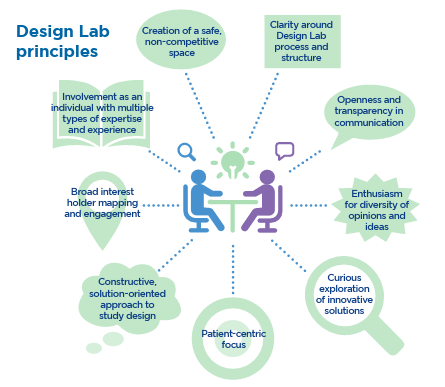The Biomedical and Health Data Sciences Collaborative (BHDSC), a cross-disciplinary group formed by the Tufts Clinical and Translational Science Institute (CTSI) and Institute for Clinical Research and Health Policy Studies (ICRHPS) at Tufts Medical Center, invites you to attend an in-person seminar (with a virtual option) at 35 Kneeland Street, 8th Floor Conference room.
Dr. Jacob Nearing will give a talk titled “Integrating post sequencing workflows and statistical approaches to improve the robustness of microbial community data analyses”.
Abstract
Modern day sequencing technology has allowed researchers to take vast surveys of the various microbes living within numerous environments including the human body, ocean, and soil. Through this work we have found that these microbial communities, termed the microbiome, can play significant roles in their environment’s ecosystem. Yet, while various microbe(s) have been associated with numerous phenotypes such as host health, these results are often not reproducible across studies. There are many reasons as to why this may be the case including the difficulty in matching results between differing sequencing technologies such as 16S rRNA gene sequencing and shotgun metagenomic sequencing or the use of differing statistical models during data analysis. Both of which can result in differing biological conclusions from the same underlying samples. In this presentation, I will highlight my recent research on developing a tool to help address the gap between 16S and shotgun sequencing using phylogenetic placement and the use of uncertainty in difficult to assign taxonomic labels, to provide more clarity during downstream analysis. With the final goal of creating microbial profiles that have higher agreement between differing sequencing technologies. In addition, I will present another part of work on evaluating how differing commonly used statistical approaches in microbiome data analysis can result in different biological interpretations. Highlighting the need for more robust approaches to modeling microbiome data in the future.
Speaker Bio
Dr. Jacob Nearing is a postdoctoral fellow in the department of biostatistics at the Harvard T.H. Chan School of Public Health. Under the supervision of Dr. Curtis Huttenhower, he focuses on improving microbiome data analysis through the creation of new bioinformatic tools and evaluating those already present in the current literature. He has expertise in microbiome data analysis, microbiology, and bioinformatic research. During his PhD at Dalhousie University in Halifax, Nova Scotia, he received numerous scholarships to fund his work on the oral microbiome and cancer. During 2022, Nature Communications highlighted his work on microbiome differential abundance analysis as one of the top 25 most downloaded works published in the biology section for that year.
Details
Wednesday, November 15, 2023
2:00PM-3:00PM EST
To attend virtually, click here.
Contact
Please contact Anastasia Gurinovich and Ellaina Reed if you have any questions. Feel free to pass on to others who may be interested.



